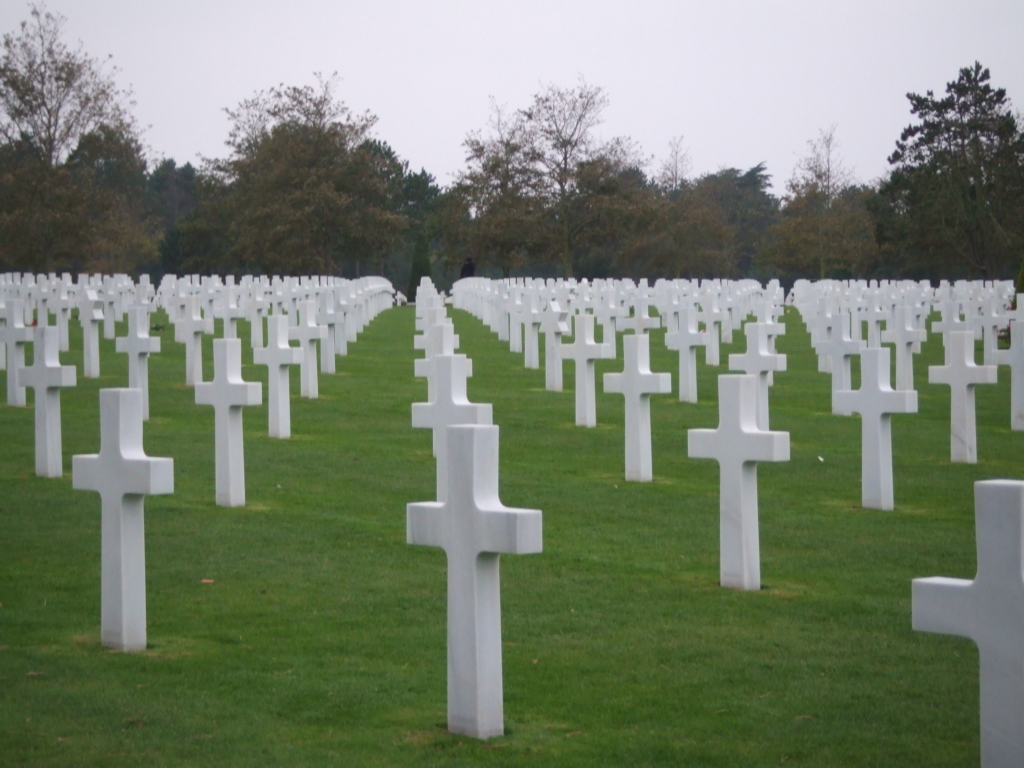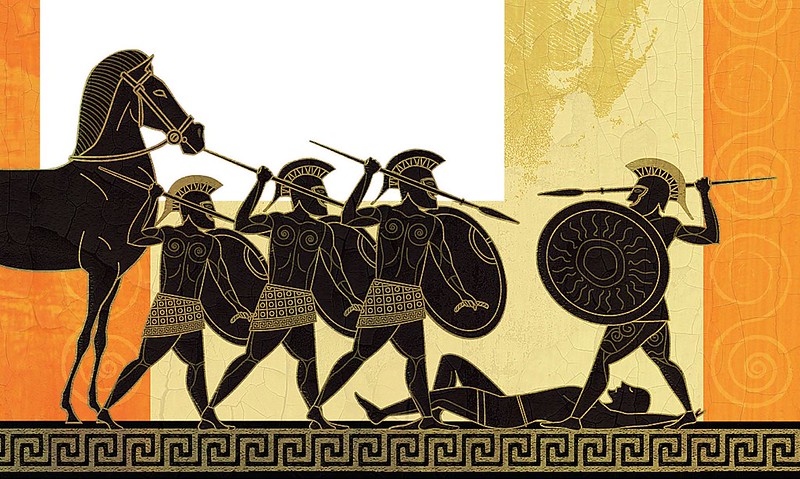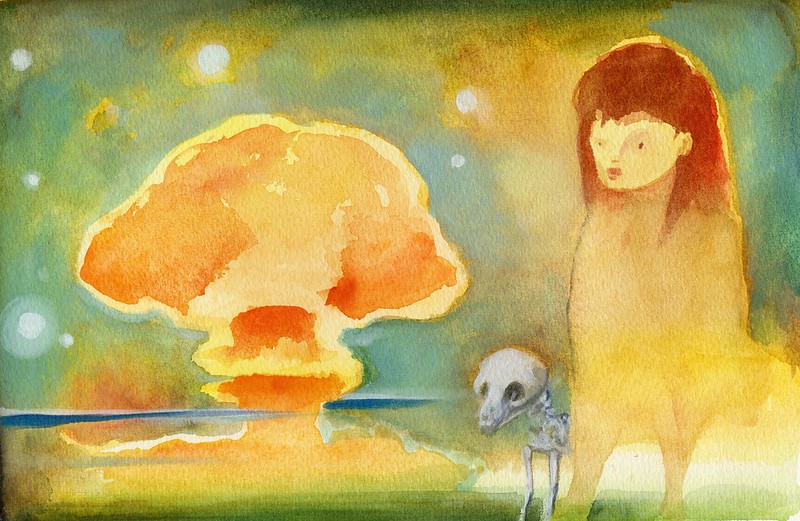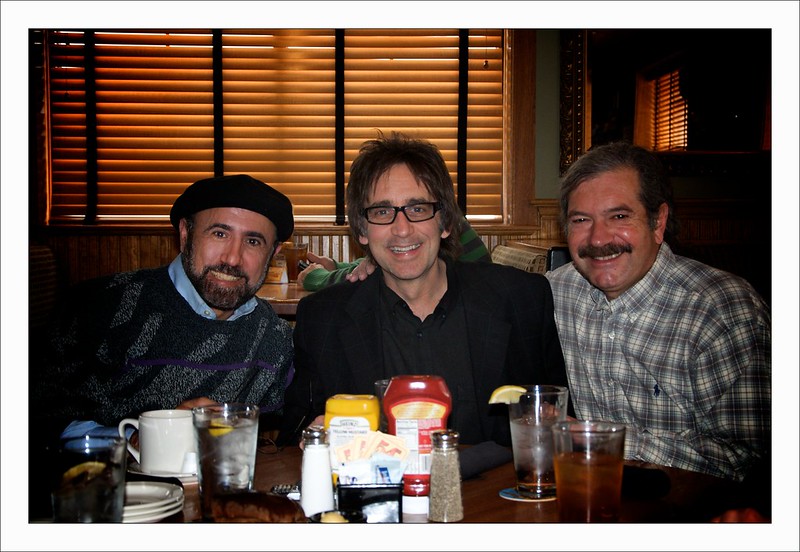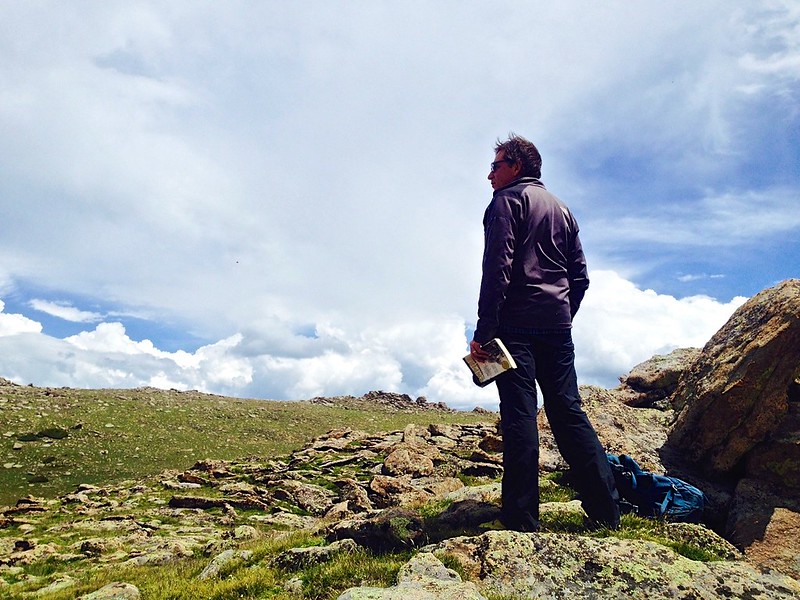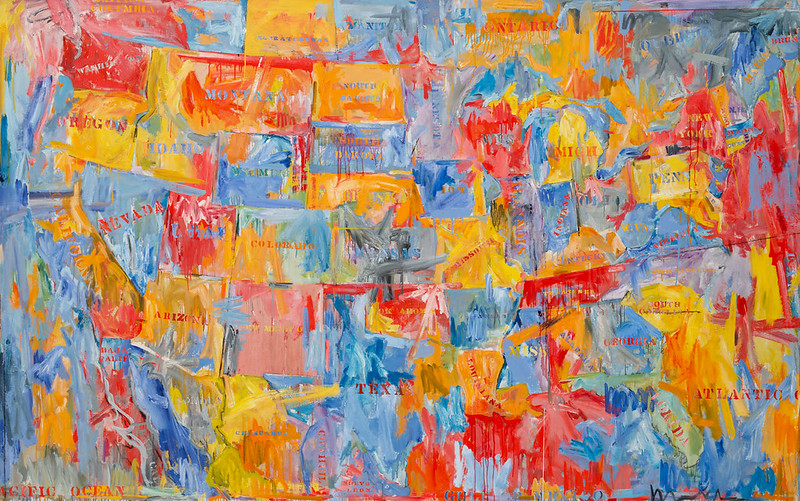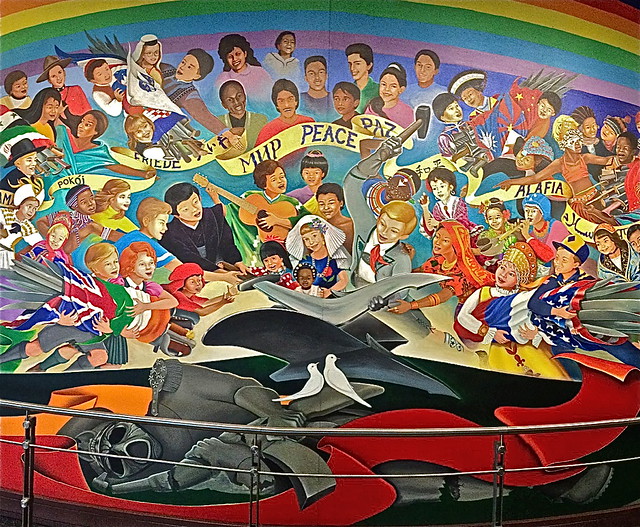
Merry Christmas! War is Abolished!
by Brian Zahnd
Isaiah had a dream, a God-inspired dream.
Isaiah was a poet, a God-intoxicated poet.
He had a Messianic dream that he turned into a prophetic poem.
It goes like this—
In days to come
the mountain of the LORD’s house
shall be established as the highest of the mountains,
and shall be raised above the hills;
all the nations shall stream to it.
Many peoples shall come and say,
“Come, let us go up to the mountain of the LORD,
to the house of the God of Jacob;
that he may teach us his ways
and that we may walk in his paths.”
For out of Zion shall go forth instruction,
and the word of the LORD from Jerusalem.
He shall judge between the nations,
and shall arbitrate for many peoples;
they shall beat their swords into plowshares,
and their spears into pruning hooks;
nation shall not lift up sword against nation,
neither shall they learn war anymore.
-Isaiah 2:2–4
Swords turned into plowshares.
Spears into pruning hooks.
Tanks turned into tractors.
Missile silos into grain silos.
The study of war abandoned for learning the ways of the Lord.
Instead of academies where we learn to make war,
there will be universities where we learn to wage peace.
The cynic will laugh (for lack of imagination), but this is Isaiah’s vision.
And every Christmas we borrow another of Isaiah’s poems to celebrate the birth of the child who makes these dreams come true—
The people who walked in darkness
have seen a great light;
those who live in a land of deep darkness—
on them light has shined…
For all the boots of the tramping solidiers
and all the uniforms stained in blood
shall be burned as fuel for fire.
For unto us a child is born,
unto us a son given;
the government shall be upon his shoulders;
and he is named
Wonderful Counselor, Mighty God,
Everlasting Father, Prince of Peace.
His government shall grow continually,
and there shall be endless peace
for the throne of David and his kingdom.
He will establish and uphold it
with justice and with righteousness
from this time onward and forevermore.
-Isaiah 9:2, 5–7
Isaiah in his prophetic poems frames the Messianic hope like this:
A Prince of Peace will establish a new kind of government, a government characterized by ever-increasing peace. Weapons of war will be transformed into instruments of agriculture. At last the nations will find their way out of the darkness of endless war into the light of God’s enduring peace.
This is Isaiah’s hope. Christians take Isaiah’s hope and make a daring claim: Jesus is that Prince of Peace! Jesus is the one who makes Isaiah’s dreams come true. From the day of Pentecost to the present this is what Christians have claimed.
Read more
